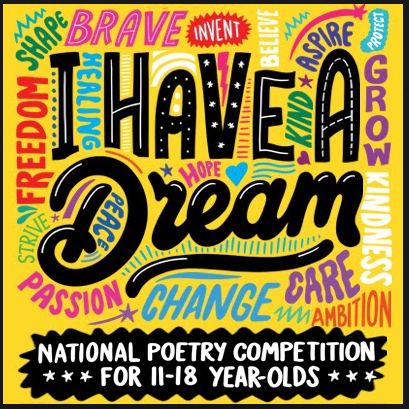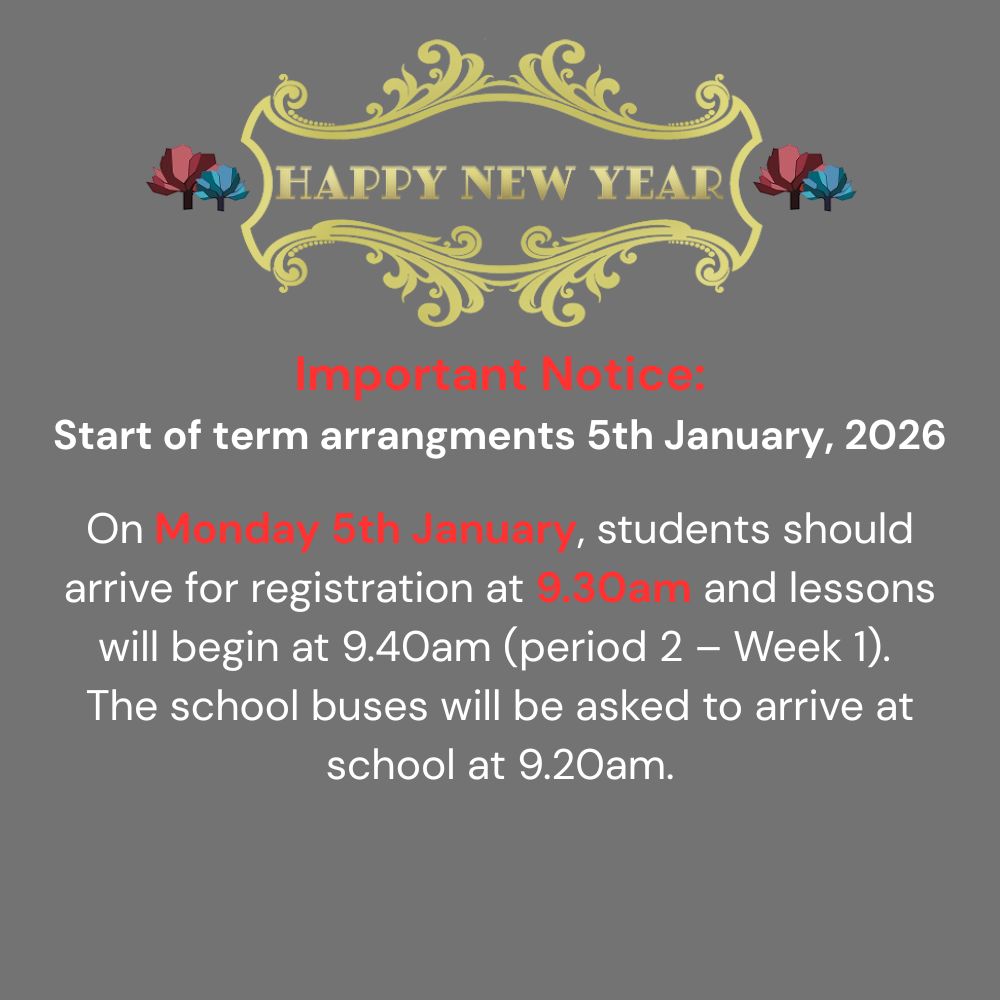404 Error: Page cannot be found
Page : https://www.hinchleywoodschool.co.uk//289/the-pastoral-care-journey
The page you were looking for cannot be found. It may have moved or been deleted.

18:00 PM - 9 Jan 2026
33 students from HWS have had their poems selected for publication in the official competition book of the national poetry competition, 'I Have a Dream'. The overall winners are yet to be announced and the book of successful entries will be published in March 2026.


17:00 PM - 2 Jan 2026
For more details, please see our website: hwlp.co.uk/148/current-vacan…


18:00 PM - 18 Dec 2025
For more details, please see our website: hwlp.co.uk/148/current-vacan…

17:00 PM - 18 Dec 2025
✨ A special farewell ✨ This week, some of our Year 7 girls returned to their primary school, Long Ditton St Mary’s, to attend the Christmas concert and wish their former music teacher well as she begins a new adventure. It was a truly lovely send-off for Mrs Headley 🎶💛

18:00 PM - 17 Dec 2025
Our choir, made up of students from Years 7, 8 and 9, enjoyed a wonderful afternoon today at the Claygate Day Centre with the Dementia group. ❤️ It was truly heart-warming to see young and old coming together and sharing the festive spirit through music. 🎶✨

13:06 PM - 17 Dec 2025
What a night! Our talented students truly brought the festive spirit to life at our sold-out Christmas concert. 🎶✨ They raised the roof with their voices, showcased incredible versatility across music standards and Christmas classics, and even had the audience singing along!

18:00 PM - 15 Dec 2025
💪 The HWS Fitness Crew took on HWROX and smashed it! Huge effort from everyone with some seriously impressive times. 2025 has been an incredible year for staff fitness — and we’re already excited for what 2026 brings! 🔥

16:13 PM - 13 Dec 2025
9JB held a brilliant bake sale at break on 12th December to fund the Year 9 Senior Tea Party we’re hosting in February. All proceeds will help us welcome senior citizens from Hinchley Wood for an afternoon of tea, treats and company. They raised an incredible £135.20! 🌟
The page you were looking for cannot be found. It may have moved or been deleted.